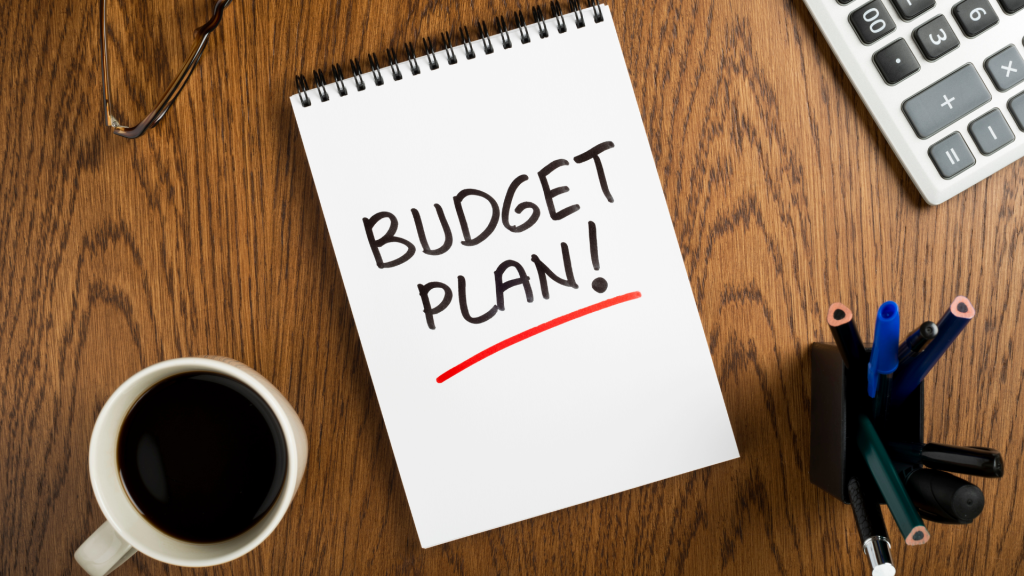
Personal Finance Basics
Personal finance revolves around effectively managing your money to fulfill your goals and needs. It’s a gradual process that requires patience and dedication, but mastering it enables you to achieve your unique definition of success. While learning about personal finance may be challenging, it significantly impacts your long-term financial well-being.
Fortunately, numerous resources exist to aid in learning about personal finance. You can explore books, websites, and even collaborate with experts offering personal finance planning peoria (or your local area) to grasp the basics. The key is to initiate your learning journey as soon as possible, empowering you to make informed financial decisions for your future.
Personal Finance in a Nutshell
Personal finance refers to the financial planning that an individual or a family undertakes to earn, save, and spend their money. Financial planning involves setting financial goals and creating a plan to achieve those goals. This plan typically includes budgeting, saving, and investing.
Income
Income is the sum of money that an individual makes after a certain amount of time, either for his or her own services or for those provided by their property. There are two types of income: earned and unearned.
Earned income is money you make from working. This can come in the form of a salary, hourly wages, tips, commissions, or any other type of compensation you receive for providing a service. Unearned income is money that comes from sources other than work. This can include interest from investments, dividends, capital gains, and pensions.
The first step to managing your finances is understanding your income. Once you have a handle on your monthly income, you can start budgeting and making financial decisions accordingly.
Budgeting and Spending
There are a few different ways to approach budgeting. One method is to track all of your spendings for a month and then determine where you can cut back. Another approach is to set aside a certain amount of money each month for specific expenses, such as rent, food, and entertainment. Whichever method you choose, make sure that you are realistic about your spending and allow yourself some wiggle room in your budget. It is also important to remember that your budget may need to be adjusted as your circumstances change.
If you are having trouble sticking to a budget, there are a few tips that can help you out. First, try setting up automatic transfers from your checking account to your savings account so that you are less likely to spend the money. Additionally, make sure to pay yourself first by setting aside money for savings and debt repayment before spending on other items. Finally, avoid impulse purchases by waiting at least 24 hours before buying something that you don’t really need.
It could also be helpful to seek the help of certified financial advisors in carlsbad, ca (if that’s where you live) as they can give you actionable insights on your spending and budgeting tendencies. With this information, you can then make a clear plan for how you want to spend your money and set better goals in terms of your expenditures.
Saving
Saving money may not be the most exciting thing in the world, but it is essential if you want to be financially secure. One of the best ways to save money is to open a savings account at your local bank or credit union. This way, you can quickly transfer money from your checking account into your savings account whenever you have extra cash. Another great way to save money is to create a budget and stick to it. Decide how much you can save each month, and then make sure you don’t spend more than that. This may require some discipline but will pay off in the long run.
If you are looking for more creative ways to save money, many apps and websites can help you. For example, there is an app that analyzes your spending patterns and saves money for you automatically.
Investing
When it comes to personal finance, one of the most important things you can do is invest your money. By investing, you are essentially putting your money into something that has the potential to grow over time. The sooner you start investing, the more time your money will have to grow. Try to invest a little bit of money each month, even if it’s just $50 or $100. Have the time to review your investments at least once per year to see how they are doing and make sure they are still in line with your goals.
These personal finance tips for beginners will help you get started on the right track when it comes to investing. Remember, investing is one of the best ways to secure your financial future and build your wealth over time.
